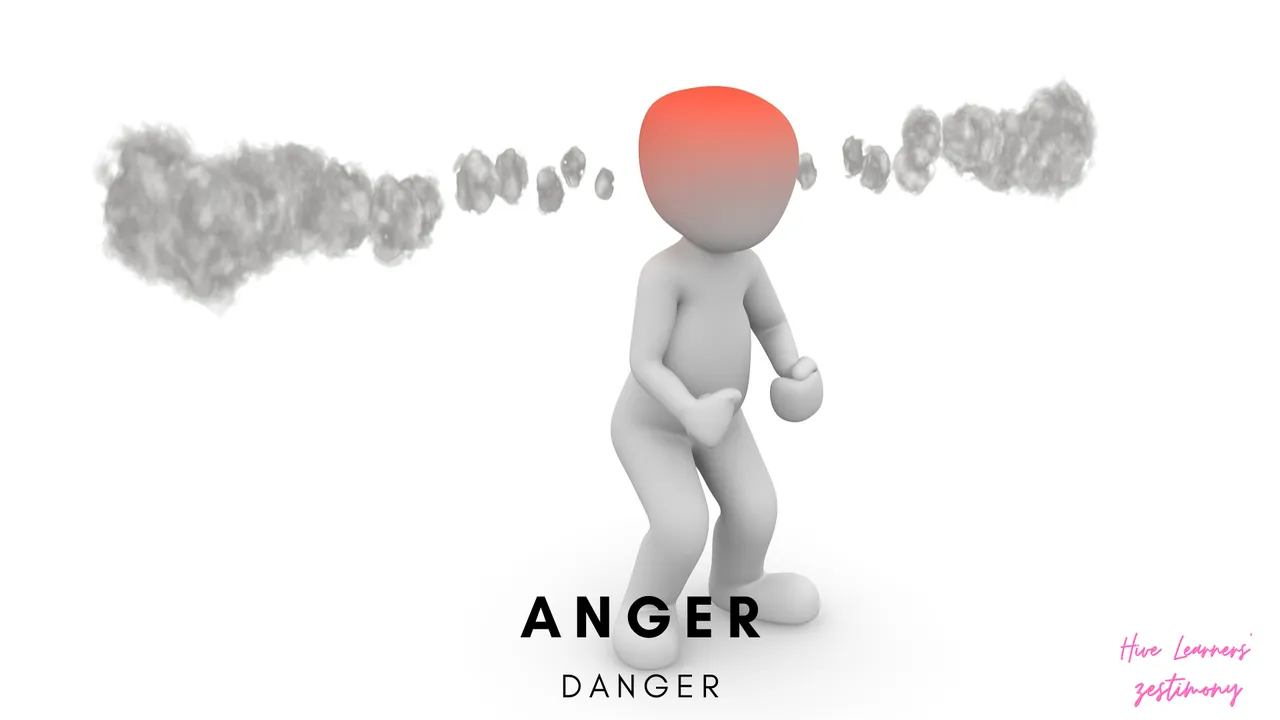
Aggressive behavior is one approach to convey anger that is natural to the situation.
Anger is a normal and healthy response to stressful situations such as threats, difficulties, and anxiety. It acts as a stimulant to hostile feelings and attitudes, which in turn empowers us to retaliate and defend ourselves when we are assaulted, attacked, and sabotaged by others. It only makes sense to conclude that anger is necessary to our continued existence.
Because anger is a sign from the mind that something needs to change and that there are problems that need to be solved, we shouldn't just channel our focus on wanting to feel good in the here and now; rather, we should focus on solving these problems so that we can find a solution that will last for a long time and that will be the result of a lot of introspective thought.
If we aren't inspired to heal by the things that make us angry as humans, we probably won't. The ideas, impulses, and actions that are propelled by our wrath have the potential to get us closer to accomplishing what we set out to do. It compels us to rectify the wrongs we anticipate having been done in the world and to put things right.
Being in a state of fury enables us to better guard and preserve what is rightfully ours. This, in turn, makes us feel more in charge and in control of our circumstances, rather than powerless and vulnerable.
People who are able to comprehend and manage their anger in a healthy manner have a better chance of meeting their requirements and taking charge of their futures than those who bottle up their rage. This is because anger compels a person to take some action in order to move forward. People who understand and properly express their anger have an advantage over those who do not.
When we are about to be harmed by another person, the emotion of anger serves to protect us and keeps us safe. It instills in us the stamina and energy necessary to withstand an opponent or foe that is more powerful. anger is a positive force that serves as a motivating drive for us to stand up for ourselves and creatively discover answers to the challenges that we face on a day-to-day basis in our lives.
According to Richard Davidson, rage "mobilizes resources, raises vigilance, and helps the elimination of barriers in the way of our goal pursuits," and this is particularly true "if the anger can be detached from the desire to injure or destroy."
When we are faced with anything or someone—or perhaps anything—that gets in the way of our goals, we feel anger rising up within of us. It forces us to overcome the challenges that lie in our path in order for us to get at our desired destination.
Anger is a useful weapon that enables us to interact with other people, thereby bringing to their attention the wrongdoings they have committed and urging them to treat us in a more equitable and appropriate manner. As much as people consider anger to be a negative emotion, protecting oneself by speaking out against unequal treatment might prevent other people from taking advantage of you.
Anger has the potential to bring about changes in society that are both pleasant and beneficial, and it will also raise the social value of antisocial activity.
Anger can be a catalyst for both self-motivation and self-change. When a person becomes aware of the situation or event that triggered their anger, they are able to confront the source of their rage and work to modify their responses to it, thereby enhancing both their sense of personal integrity and the manner in which they interact with other people.
Anger in itself is not an entirely negative emotion; however, the manner in which we display our anger might make it a negative emotion and dangerous.